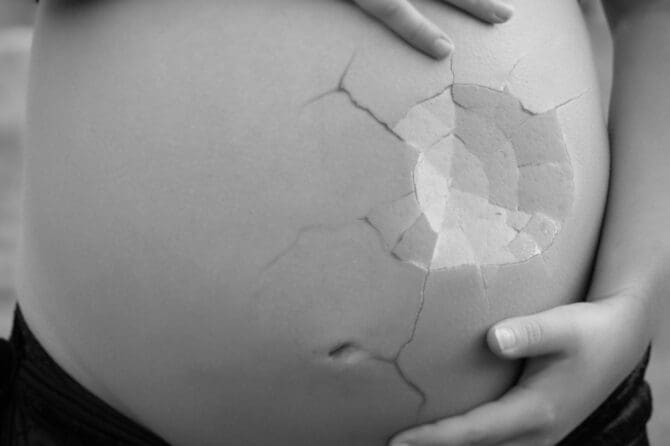The hormone human chorionic gonadotropin (hCG) can be detected in a pregnant woman’s blood or urine about 11-14 days after conception. In early pregnancy, hCG levels typically double every 48 hours, indicating a healthy pregnancy. After a few weeks, the hCG levels will triple every 96 hours.
Normal hCG levels during early pregnancy can range significantly from one person to another. However, hCG levels will typically increase rapidly during the beginning of pregnancy, doubling every 2-3 days. Around the 8th week of pregnancy, the doubling rate will start to slow down. A few days can have a significant impact on how high or low a woman’s hCG levels may be.
If you get your hCG level checked and it’s higher than what is considered normal for your gestation, there is a possibility you are carrying twins or multiples. However, using hCG levels alone to determine how many babies you are carrying can be inaccurate because some women have naturally higher hCG levels when pregnant than others. For example, you may have an hCG level of 49 at 4 weeks gestation while your friend may have an hCG level of 268 at the same time.
If you have ever looked at an HCG (Human Chorionic Gonadotropin) chart, you will know that the range for a normal pregnancy at 4 weeks, 5 weeks, 6 weeks and so on is quite large. For example, a woman who is 4 weeks pregnant may have an hCG level of 45 or 345, and both are considered normal. The most important thing to remember when analyzing your hCG levels is that they are rising, and how quickly they are doubling.
In case of expectancy, the foam number is significant. A healthy expectation can lead to an inferior hormone level. The HCG level should decrease after childbirth. After miscarriage, the level should reach the extent that existed before fertilization. The time taken for the HCG level to reach a normal stage is about four to six weeks.
HCG is a hormone that helps to stimulate the ovaries to produce progesterone. Progesterone is a hormone that helps to maintain the endometrial lining of the uterus, which is necessary for carrying a pregnancy. In a normal menstrual cycle, the progesterone produced by the ovaries only lasts for two weeks after ovulation. After two weeks, the progesterone level falls and menstruation begins. However, if pregnancy occurs, HCG helps to stimulate the ovaries to continue producing progesterone, which prevents menstrual bleeding.
Each month, during a woman’s menstrual cycle, an egg is released from the ovary. The lining of the uterus is then supported and stimulated by progestin, which is produced by the cells in the ovary where the egg was released. This area of the ovary is called the corpus luteum, and it produces progestin for approximately 12-14 days. If the egg becomes fertilized and implants in the uterus, the developing embryo starts to produce HCG, which stimulates the corpus luteum to continue producing progesterone.
Home pregnancy tests are most accurate when used after a woman has missed her first period. This is because it takes time for the hormone to build up in the system. If a home pregnancy test is taken too soon, the results may be inaccurate, causing unnecessary stress for the woman.











